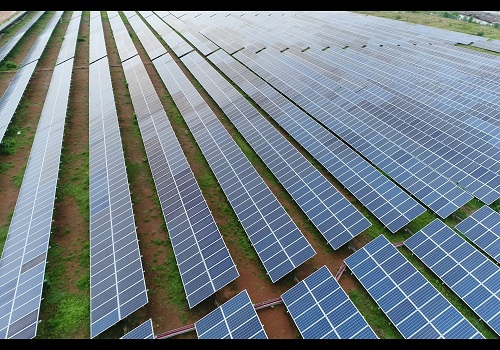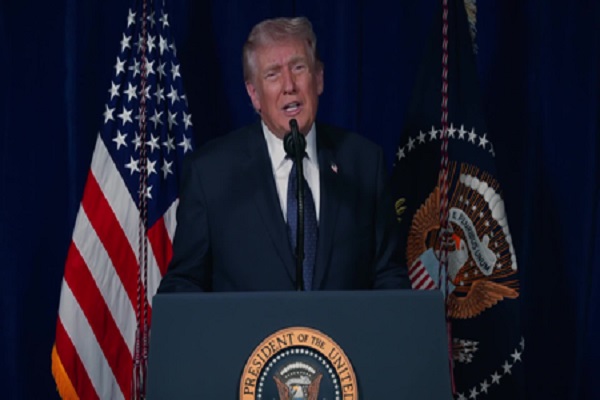Oil edges up on US crude inventory draw

Oil prices edged up on Wednesday morning after three straight days of declines, with market sources citing a decline in U.S. crude inventories, while investor concerns about Russia sanctions and a potential OPEC+ output increase capped gains.
Brent crude futures rose 20 cents, or 0.31%, to $64.60 a barrel at 0203 GMT. U.S. West Texas Intermediate crude futures rose 18 cents, or 0.3%, to $60.33.
U.S. crude, gasoline and distillate stocks fell last week, market sources said, citing American Petroleum Institute figures on Tuesday.
Crude stocks fell by 4.02 million barrels for the week ended October 24, the sources said, requesting anonymity. Gasoline inventories dropped by 6.35 million barrels, while distillate inventories fell by 4.36 million barrels from a week earlier, the sources said.
The larger-than-expected draws triggered a short-term price surge during the last trading session, Haitong Securities said in a note.
The surprise draws on inventory in the U.S. helped prices this morning, but the interplay of sanctions risks and OPEC+'s posture is driving markets, said Priyanka Sachdeva, senior market analyst at Phillip Nova.
"That doesn’t mean the rally has unlimited upside. Because while the sanctions/supply story has been built up, the demand side still shows softness and spare capacity remains," Sachdeva said.
Brent and WTI last week registered their biggest weekly gains since June after U.S. President Donald Trump imposed Ukraine-related sanctions on Russia for the first time in his second term, targeting major oil companies Lukoil and Rosneft.
Still, doubts that sanctions would offset oversupply and talk of an OPEC+ output increase pressured prices; both benchmarks fell 1.9%, or more than $1, in the previous session.
On Tuesday, the Kremlin said Russia offered top-quality energy at a good price and its partners would decide for themselves whether to buy its energy after the U.S. applied its sanctions.
Many Indian refiners have paused new orders for Russian oil as they await clarity from the government and suppliers, with some turning to the spot market for alternatives, sources in the industry said.
However, state-run Indian Oil on Tuesday said it would not stop buying Russian oil as long as it was complying with sanctions.
The U.S. government has provided written assurances that Rosneft's German business would be exempt from the sanctions because the assets are no longer under Russian control, Germany's economy minister said.
OPEC+, the world's largest group of oil-producing nations, is leaning towards a modest output boost in December, four sources familiar with the talks said, with two sources citing an additional 137,000 barrels per day.
On Tuesday, the CEO of Saudi state oil giant Aramco said crude oil demand was strong even before sanctions were imposed on Russian oil majors and Chinese demand was still healthy.
Entering the second half of the week, the upcoming Federal Reserve rate decision and a U.S.-China leaders' meeting could support market sentiment, Haitong Securities said in a note.
























